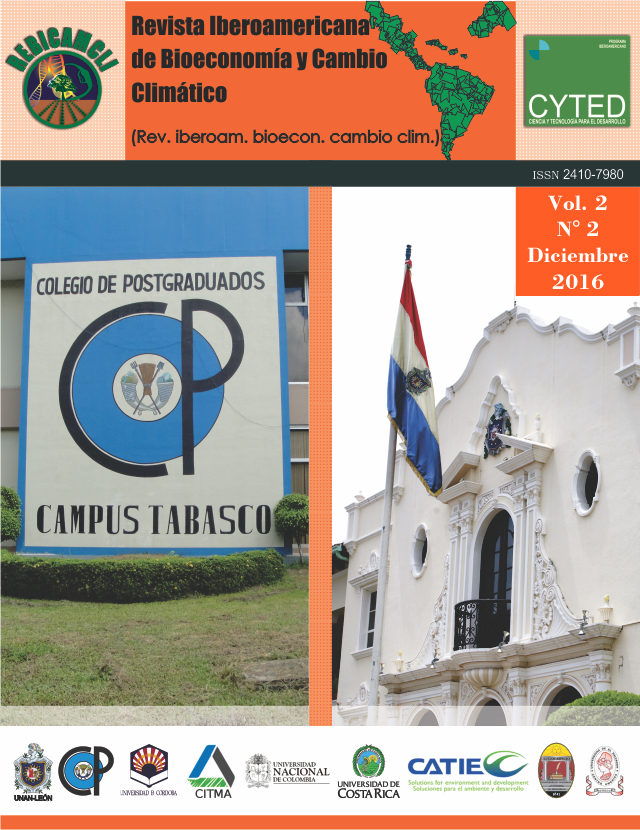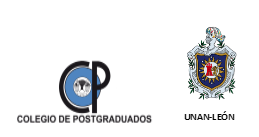Information and communication technologies (ICT) in response to needs educational rural areas in Nicaragua
DOI:
https://doi.org/10.5377/ribcc.v2i4.5931Keywords:
Educational needs, Rural Nicaraguan areas, ICT in educational processes, ICT potential for rural educationAbstract
The present work aims to reflect from a critical perspective on Information and Communication Technologies (ICT) in rural education, taking as antecedent, the little access to these new trends and starting from the fact that these resources do not solve by themselves Problems or needs, but can generate responses to specific situations that may arise. Institutional projects aimed at equipping schools with technological resources and educational programs have also had a special impact in rural areas, helping to minimize the digital divide between urban and rural contexts. We believe that ICT in Rural Education is extremely important and necessary for the integral development as a country, that is, both the teacher and the student in a remote or rural area should have access to such technology so as not to be marginalized in Learning and different methods that could help deliver in a simpler but practical way to knowledge people and develop a better or equal performance to a student who has easy access. All demand greater recognition and support from both public institutions and families, whose involvement in the innovative processes they promote is very scarce. However, slightly more than half of the interviewed teachers working in rural schools state that they feel supported by their schoolmates, while the rest say they have to seek such support from colleagues in other schools.Downloads
2336
HTML (Español (España)) 0
Published
How to Cite
License
Copyright (c) 2016 Rev. iberoam. bioecon. cambio clim.

This work is licensed under a Creative Commons Attribution-NonCommercial-ShareAlike 4.0 International License.
Copyright © Rev. iberoam. bioecon. climate change (Graduate School and UNAN-León, School of Agricultural and Veterinary Sciences / Department of Agroecology / Center for Research in Bioeconomy and Climate Cahnge (CRByCC).







